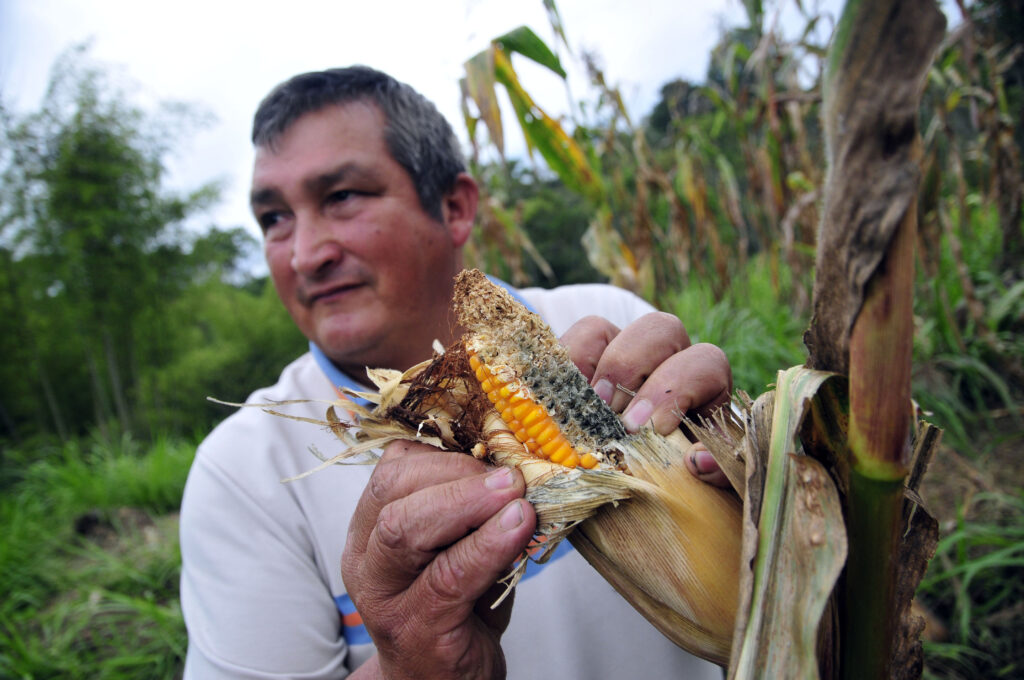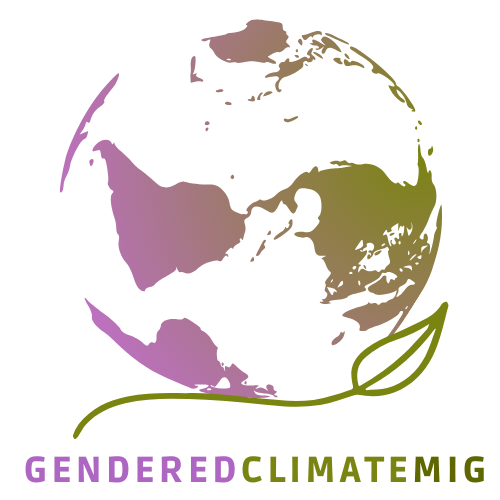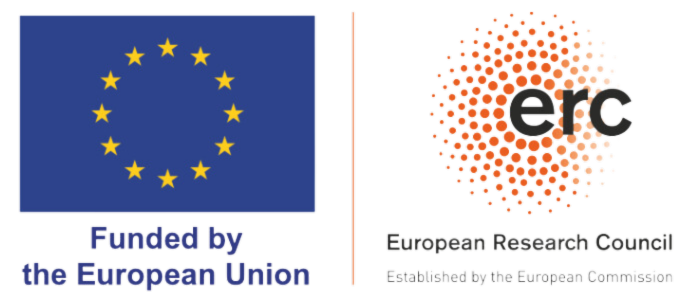
Credit: Neil Palmer / International Center for Tropical Agriculture
What does the project entail?
GENDEREDCLIMATEMIG is an ERC-funded project that seeks to answer questions about migration in the context of climate change using a gender perspective. Through its interdisciplinary, comparative and participatory methodology, it will try to bring to light this phenomenon that is still largely missing in available data. Taking into consideration how difficult it will be to discern climate-related causes for migration, researchers will have to explore the relative weight of climate events in migrant trajectories.
The case studies will be conducted in three middle-income countries and regional migration hubs—Malaysia, Mexico, and Morocco. The project also includes a gender-sensitive investigation into the current state of climate-related migration governance at national and international levels.

Why does it matter?
There is an absence of internationally recognized status for climate migrants and it is still unclear what proportion of international migration flows are caused – at least partially – by changes in people’s natural environments including biodiversity loss and climate change. We know even less about how gender inequalities impact or drive this type of migration.
GENDEREDCLIMATEMIG was established to fill this crucial gap. Specifically, it will produce highly informative ethnographic case-studies in Mexico, Morocco and Malaysia along with a multi-sited and a gender-sensitive enquiry into the current state of climate migration governance at international (e.g. Platform on Disaster Displacement) and national levels, exploring original national policy initiatives (e.g. in Norway, Peru and Kenya).
The research promises to lend unique insights into the decision-making processes, trajectories and lives of climate migrants through a gendered lens. GENDEREDCLIMATEMIG seeks to advance our understanding of the under-researched correlations between climate, migration, and gender while also carving out more space for migrants’ voices.


